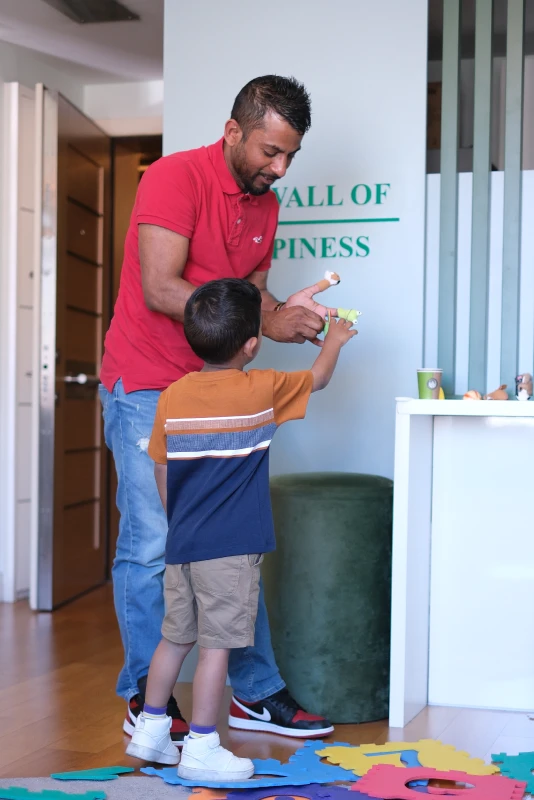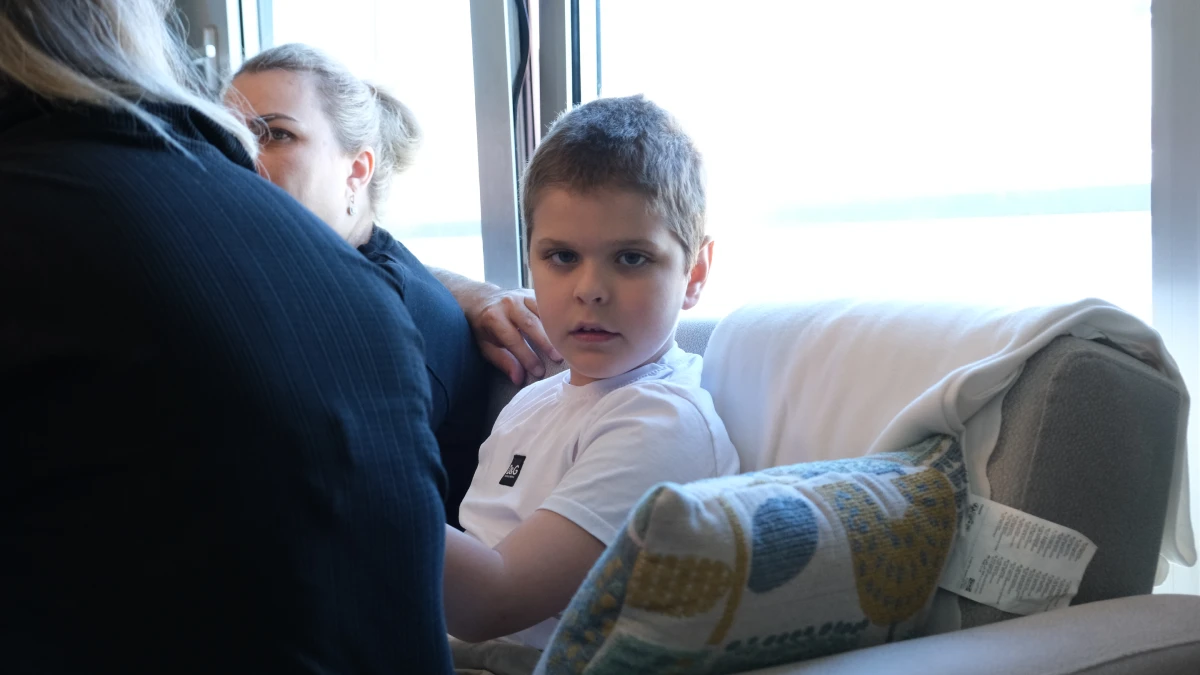Understanding and communicating love to autistic children requires a unique approach. Autistic children often experience the world differently, and traditional methods of expressing affection may not resonate with them in the same way. Parents and caregivers may find themselves searching to communicate their love in ways their child can feel, understand, and appreciate. This blog aims to explore how to better express love to autistic children, focusing on love languages that resonate with their individual needs and preferences. Understanding your child’s love language is key to fostering a deep, supportive relationship and enhancing their emotional well-being.
Table of Contents
The Love Language of Autistic Children
While the concept of love languages—different ways people give and receive affection—applies to everyone, it is especially important for autistic children. They often require a tailored approach that considers their sensory sensitivities, communication styles, and emotional needs. Let’s break down how you can identify and express the most effective love language for your autistic child.
1. Words of Affirmation
Autistic children may not always respond to verbal praise or expressions of love in the same way neurotypical children do. However, consistent, gentle, and specific affirmations can help build their sense of safety and emotional security.
• Keep affirmations short and clear.
• Use visual aids or written notes to reinforce your words.
• Focus on recognizing small accomplishments or moments when your child feels calm or happy.
2. Physical Touch
For some autistic children, physical touch can be either a comforting experience or an overwhelming one, depending on their sensory preferences. Understanding your child’s sensory profile is essential when using physical touch to express love.
• Respect their boundaries and avoid sudden or unexpected touch.
• If your child enjoys physical contact, activities like cuddling, gentle back rubs, or even using weighted blankets can provide a comforting way to show love.
• Deep pressure therapy, which provides calming, firm hugs, can be particularly effective for children who seek sensory input.
3. Quality Time
Spending undistracted, focused time together is a powerful way to show love to autistic children. Many of them thrive on routines and predictable interactions, which can help them feel secure and connected.
• Engage in your child’s favorite activities, even if they are repetitive.
• Plan one-on-one time in quiet environments to avoid overwhelming sensory input.
• Create a consistent routine where your child can expect time with you regularly.
4. Acts of Service
For children who struggle with communication or daily tasks, acts of service can be a meaningful way to show love. This could involve helping them navigate their sensory challenges or supporting them through new or difficult situations.
• Assist with daily routines in a way that empowers them to learn new skills.
• Offer small, thoughtful acts like preparing their favorite meal or creating a sensory-friendly space in your home.
• Provide gentle guidance when they face anxiety-inducing situations.
5. Gifts
Though autistic children may not always respond to material gifts in a conventional sense, gifts that cater to their specific needs or interests can help them feel loved and understood.
• Choose sensory toys or objects that soothe or stimulate in ways your child enjoys.
• Personalize gifts to align with your child’s unique interests, such as a favorite book or a sensory-friendly toy.
• Remember, the thought behind the gift matters—selecting something that aligns with their preferences shows that you truly understand them.

Conclusion
Every child deserves to feel loved, and autistic children are no exception. By understanding their individual love language, whether through physical touch, quality time, or words of affirmation, parents can build deeper connections and foster a sense of emotional security. At Linden Health, we understand the complexities of raising autistic children, and we’re here to support you every step of the way. Expressing love in a way your autistic child can appreciate is one of the most powerful tools for improving their emotional well-being and strengthening their bond.
Remember, it’s not about the quantity of love expressed, but about expressing it in the way that feels right to your child. Whether through acts of service, gifts or simply spending quality time together, there are countless ways to show your love—and Linden Health is here to help you on this journey.
